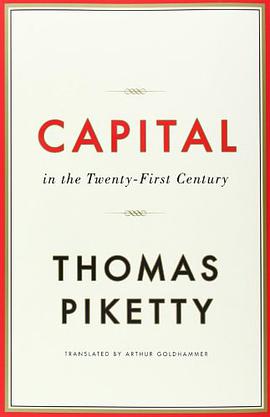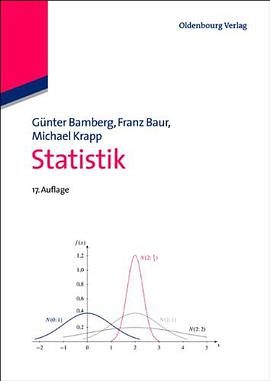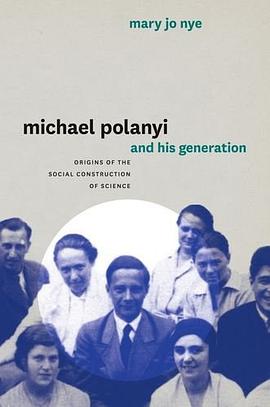Rethinking Expertise 豆瓣
作者:
Collins, Harry
/
Evans, Robert
University of Chicago Press
2009
- 3
What does it mean to be an expert? In "Rethinking Expertise", Harry Collins and Robert Evans offer a radical new perspective on the role of expertise in the practice of science and the public evaluation of technology. Collins and Evans present a Periodic Table of Expertises based on the idea of tacit knowledge - knowledge that we have but cannot explain. They then look at how some expertises are used to judge others, how laypeople judge between experts, and how credentials are used to evaluate them. Throughout, Collins and Evans ask an important question: how can the public make use of science and technology before there is consensus in the scientific community? This book has wide implications for public policy and for those who seek to understand science and benefit from it.



















